Research & insights
Canadian women’s policy priorities are clear, and they’re going to the polls to protect them
Highlights – January 2025
New national survey data shows that the engaged women segment is growing steadily, they know their top policy priorities and upcoming provincial and federal elections can expect a high turnout from this demographic in 2025.
Women are tuning in more than ever
Engaged women are well informed. They take in the news, understand the connection between the economy and energy and want a voice in the conversation. They are interested in learning more and how they can support dialogue about issues facing Canadians including wealth and prosperity.
Engaged women are present in all provinces across Canada aligned with the national population.
The number of Canadian women who identify as an “engaged woman” has grown from 34.5 per cent in 2024 to 42 per cent in just the last year — now representing 6.7 million women (21 per cent of Canadians).
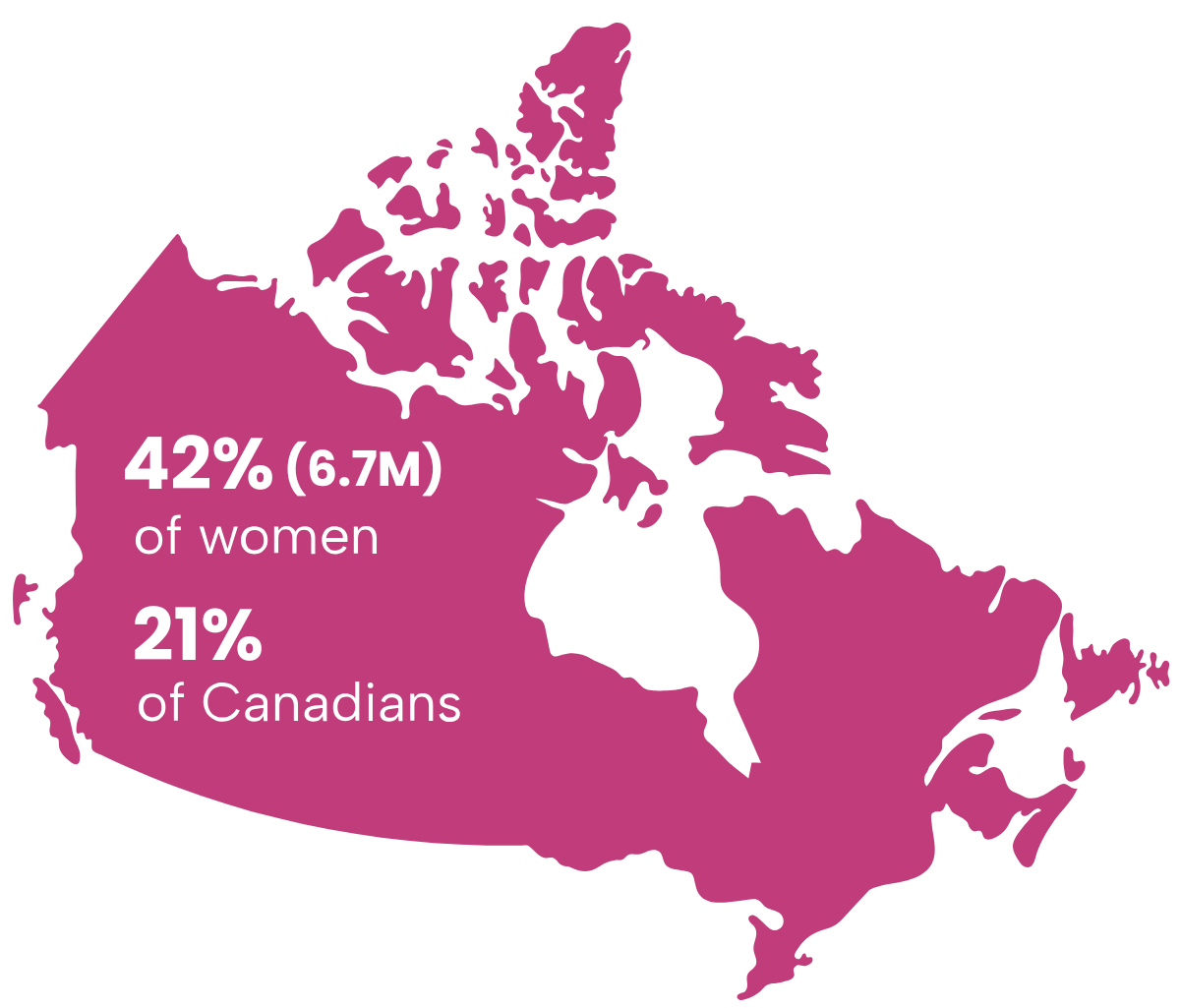
Policy priorities for families and personal well-being
How much will a political party’s positions or policies on the following influence your voting decisions?
Percentages indicate the selection of top priority/plays an important role.
90% – Health care
80% – Economy and jobs
75% – Taxes and housing affordability
67% – Affordable and reliable energy, social issues, crime
66% – Environmental protection
Voting frequency
Engaged women are more likely to vote in most or every election at all levels — municipal, provincial and federal — than Canadians on average.
Percentages indicate the selection of every/most elections.
80%
(compared to 68% of Canadians)
94%
(compared to 80% of Canadians)
95%
(compared to 81% of Canadians)
If a federal election were held today, 97% of engaged women are likely to vote, compared to 87% of Canadians.
Focusing on energy policy: What’s important to engaged women?
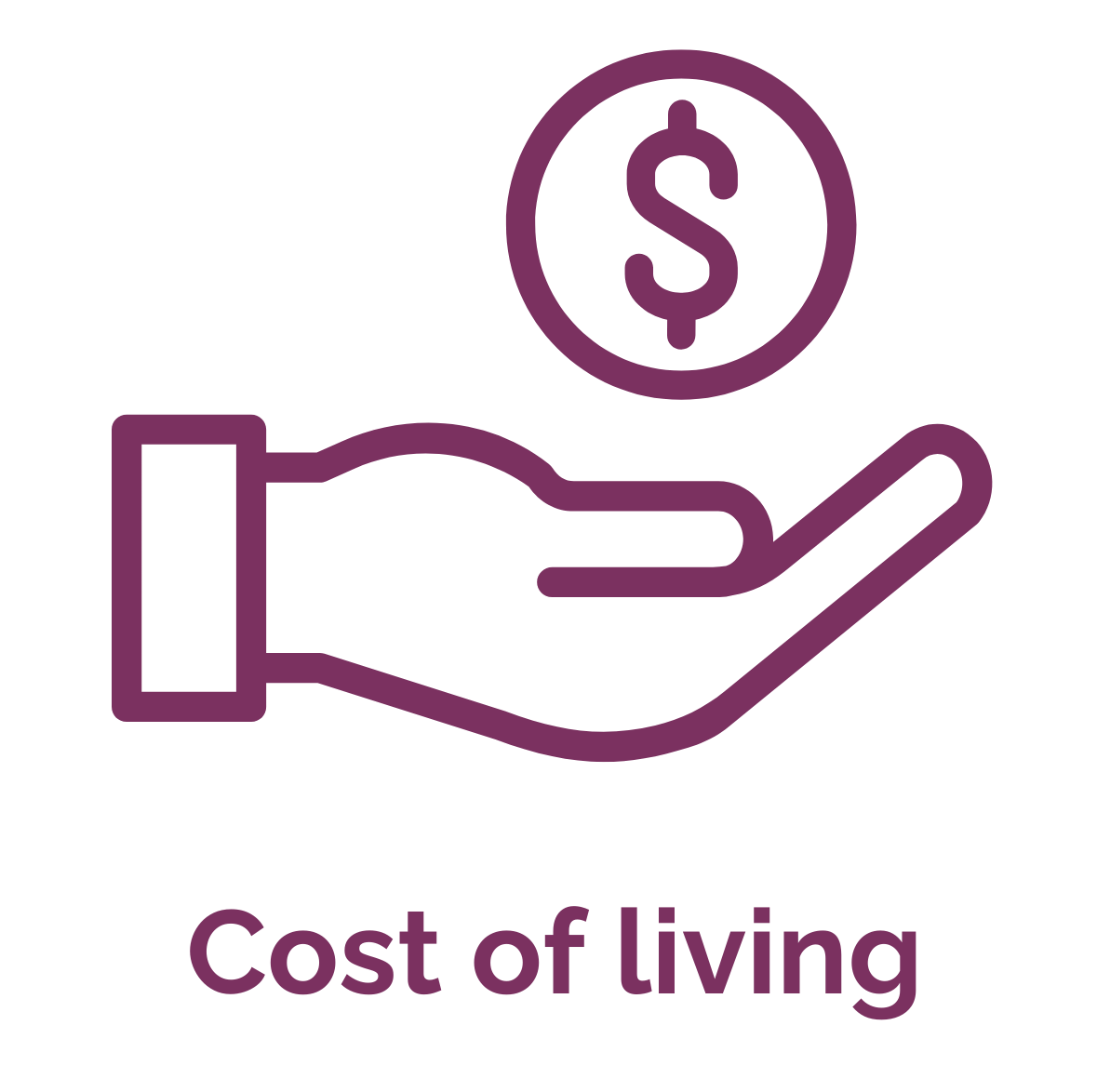

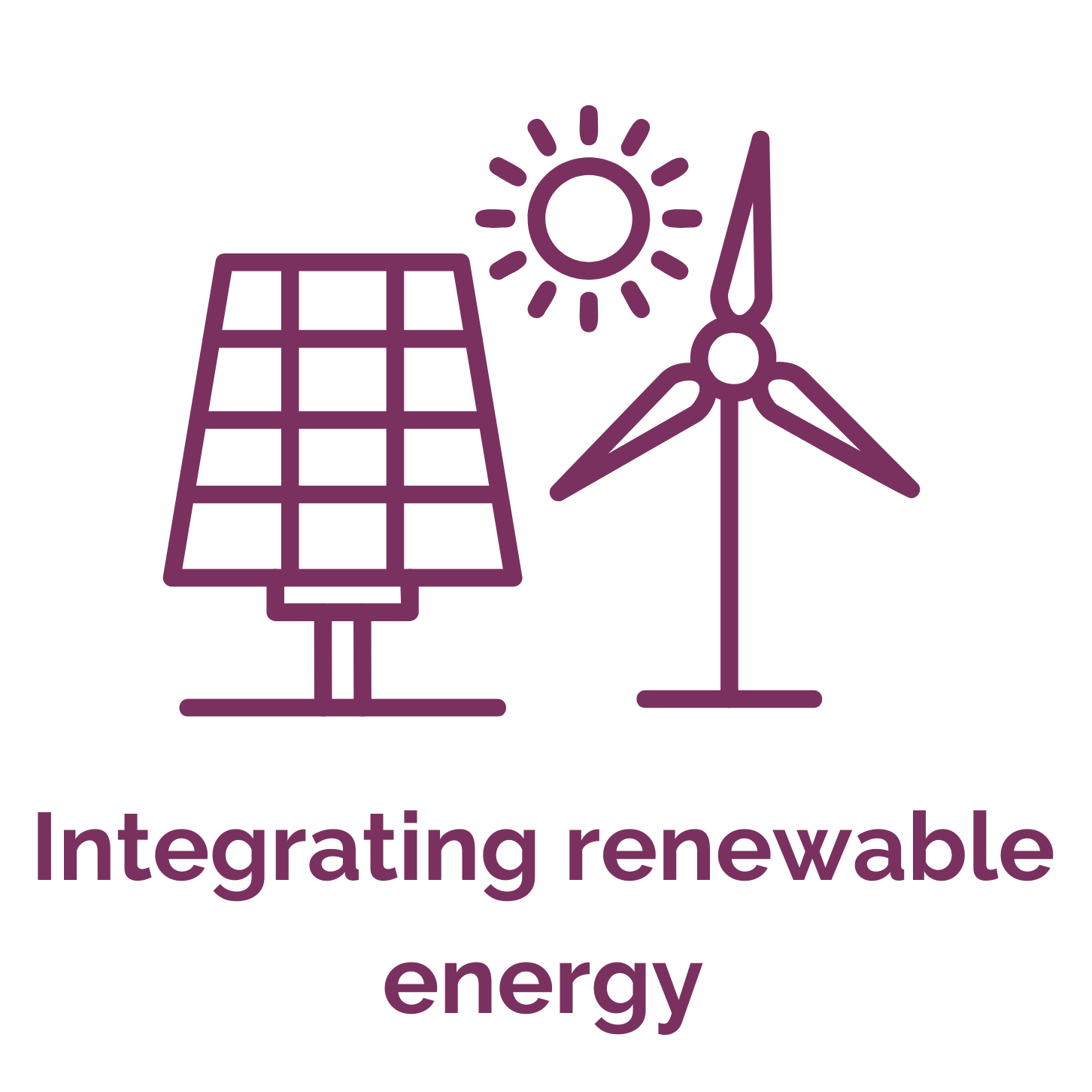
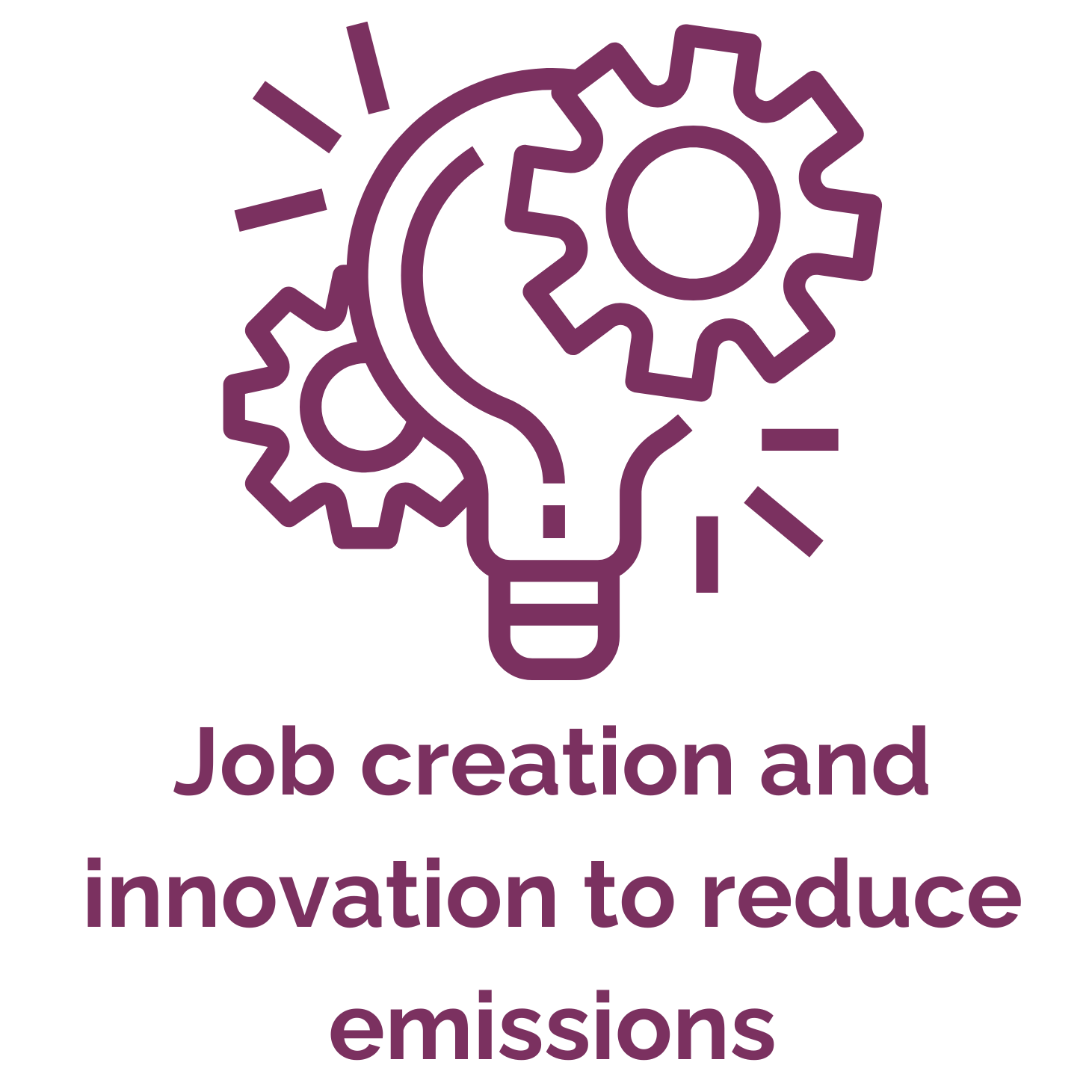
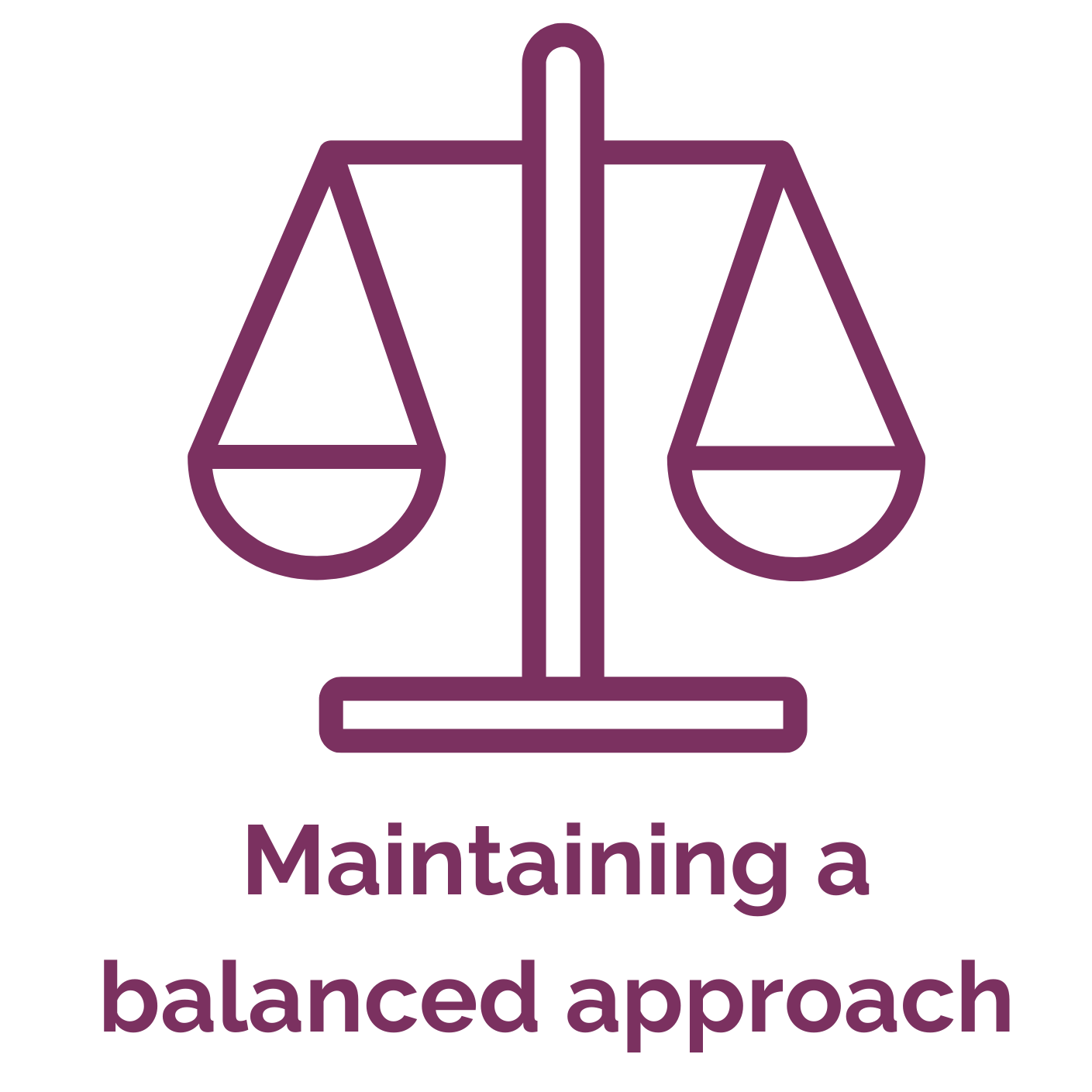
Methodology
The survey data is from Leger’s Omnibus Study, conducted from January 17 – January 19, 2025, among 1,578 Canadians, randomly recruited from LEO’s online panel.
The women who were classified as Engaged Women identified as someone who reads/listens to the news, is informed on politics, believe to be somewhat left/in the middle/on the right, and is neutral or in agreement with the many statements related to having an interest in: influencing government, learning about the future, learning more about topics that could impact Canadians future wealth and prosperity, understanding what I can do to support important issues facing Canadians, and having a voice about the future of oil and gas and energy.